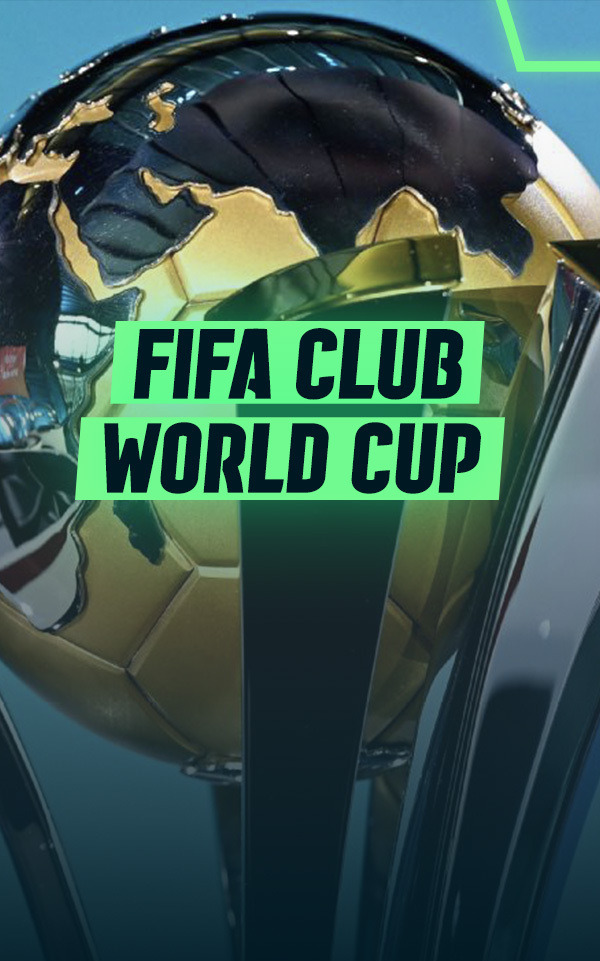FIFA Club World Cup: a race to the podium of international competitions

FIFA Club World Cup: a race to the podium of international competitions
In recent times, the international football scene has become very full. From league championships to domestic cups and international competitions, the pressure on clubs has been intense. So where does the Club World Cup fit in?
To put it bluntly, the FIFA Club World Cup still doesn't have the same significance for players and clubs as the UEFA Champions League. However, the growing presence of top teams in the competition has brought more attention to it. But what exactly is the FIFA Club World Cup?
The Club World Cup is a men's football competition organised by FIFA. The first edition of the competition took place in 2000, but the format we know today was created in 2006. Since then it has been held every year and has been hosted by Brazil, Japan, the United Arab Emirates and Morocco. The competition has been dominated by European teams, with Real Madrid the most successful with five wins.
The current format involves seven teams, including the champions of the host country and the winners of the CONCACAF Champions League (North America), CAF Champions League (Africa), Copa Libertadores (South America), AFC Champions League (Asia), OFC Champions League (Oceania) and UEFA Champions League (Europe).
The 2023 edition, with the final scheduled for December 22nd, will be the last in its current format, with a significant expansion in 2025. The FIFA President announced that the next edition of the Club World Cup will be the pinnacle of elite football, with the United States being the ideal host given its infrastructure and local interest. The 2025 event will feature 32 teams and will be held every four years, similar to the FIFA World Cup.
While the idea of a Club World Cup may seem intriguing, there are a number of concerns that need to be addressed.
Firstly, the financial benefits of participating in the Club World Cup, both in its current and new format, are considerable. The prize money has been stagnant for a number of years, but the new format will change that. The entry fee alone is worth €50 million, in addition to bonuses for sporting results. The winner will leave the host country with 100 million euros. The increased visibility that the competition brings will therefore translate into significant financial gains for clubs from lesser-known leagues, making global football more competitive. This in turn attracts new investors, sponsors and broadcasting rights, thus rebalancing the football landscape.
On the other hand, the high number of matches raises concerns about the welfare of players, which has a negative impact on the competitive balance. With such a high number of matches, the competition is unlikely to provide the same level of entertainment as the World Cup or the UEFA Champions League in Europe, where a large proportion of fans are more interested in UEFA competitions.
Despite these concerns, the Club World Cup provides a platform for teams and players to gain global exposure and recognition. In addition, the increasing investment by Middle Eastern clubs and their embrace of the competition is leading to a shift in the balance of power outside of Europe.
With the eyes of the football world increasingly focused on the Club World Cup, the question is: will it be able to capture the attention of fans and secure a place on the podium of international competitions?
News
Historic: Women's football clubs surpass €100 Million in revenue
For the first time ever, the combined revenue of top women’s football clubs in key markets has exceeded ...
How to succeed in the Sports Industry? Four tips from Rafael Nadal
Rafael Nadal is renowned for his excellence, determination, and relentless pursuit of victory. With 22 Grand Slam ...
Al-Nassr signs Esports player for record-breaking fee
João Afonso, world champion in FIFA and EA Sports FC, known as "Jafonso," has made history with the most ...
Is Netflix prepared to stream major sporting events? Insights from the Jake Paul vs. Mike Tyson fight
The live broadcast of the Jake Paul vs. Mike Tyson boxing match on Netflix marked a significant step for the platform, ...
European Leagues and FIFPro vs. FIFA: Lawyer Gonçalo Almeida explains the complaint to the European Commission
The European Leagues, chaired by Pedro Proença, along with FIFPro, has filed a complaint with the European ...
